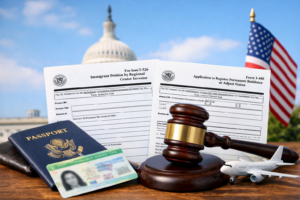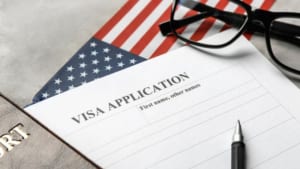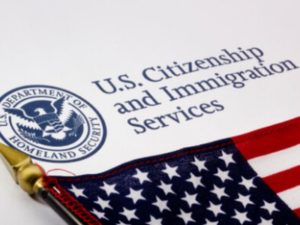 Wednesday, July 31st, 2019, 10:00 am – Enterline and Partners Consulting Office, 1A Cong Truong Me Linh, District 1, HCMC
Wednesday, July 31st, 2019, 10:00 am – Enterline and Partners Consulting Office, 1A Cong Truong Me Linh, District 1, HCMC
As you know, the EB-5 Immigrant Investor Program Modernization regulation is scheduled to become effective on November 21, 2019. While some of the regulation is very clear, such as an increase to the minimum investment amount to US$900,000 Targeted Employment Area (“TEA”) and in a Non-TEA to $1.8 million, there are still many issues that are not so clear or obvious.
Join us for an informational seminar where we discuss such issues as:
- What happens to my Project after November 21st? Will it still qualify in a TEA? Can the project obtain funding and complete the project? What happens to existing investors if it fails to do so?
- What effect will this have on my existing investors who have already filed an I-526 Petition? What if my project changes its offering documents to allow for the increased investment amount?
- The rush to file petitions before November 21st – what are the risks? Recent USCIS policy in denying incomplete petitions.
- Will this regulation actually take effect in November? What might happen between now and then to stop or delay it?
- How to make sure your investor can qualify for the lower investment amount? What are the potential problems, e.g., timing of investment and using an escrow; is the project still in a TEA?
- How does the regulation relate to the September 30th sunset of the Immigrant Investor Program?
- What does it mean to “retain the Priority Date” of an earlier approved petition? Does my investor have to invest more money? At what amount?
Many of the answers to these questions are not so clear and there are many other questions which have not even been asked. Join us for a discussion of these questions and answers from our experienced EB-5 lawyer David Enterline.
This event is unlimited registration, contact at:




